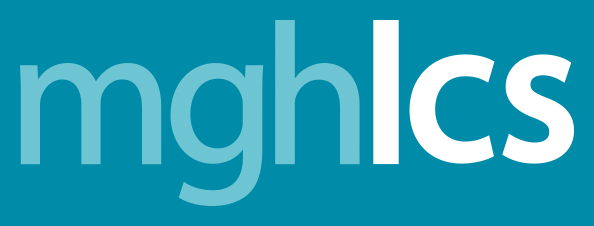Using decision support to help explain clinical manifestations of disease
DXplain, a decision support system developed at the Laboratory of Computer Science at the Massachusetts General Hospital, has the characteristics of both an electronic medical textbook and a medical reference system.
In its reference or case analysis mode, DXplain accepts a set of clinical findings (signs, symptoms, laboratory data) to produce a ranked list of diagnoses which might explain (or be associated with) the clinical manifestations. DXplain provides justification for why each of these diseases might be considered, suggests what further clinical information would be useful to collect for each disease, and lists what clinical manifestations, if any, would be unusual or atypical for each of the specific diseases.
In the role of a medical textbook, DXplain can provide a description of over 2600 different diseases, emphasizing the signs and symptoms that occur in each disease, the etiology, the pathology, and the prognosis. DXplain also provides up to 10 references for each disease, selected to emphasize clinical reviews where these were available. In addition, DXplain can provide a list of diseases which should be considered for any one of over 5700 different clinical manifestations (signs, symptoms, and laboratory examinations).
History of DXplain
DXplain has been in widespread use for over 35 years, and it has grown and evolved over that time. Development began in 1984, and the first version, with information on approximately 500 diseases, was released in 1986. National distribution of DXplain with a database of approximately 2000 diseases began in 1987 over the dial-up AMANET. After AMANET ceased operation in 1990, DXplain continued to be distributed over dial-up networks until 1995. Between 1991 and 1996, DXplain was also distributed as a stand-alone version that could be loaded on an individual PC. Since 1996, Internet access to the web-based version of DXplain replaced all previous methods of distribution.
The DXplain Knowledge Base
The current DXplain knowledge base (KB) includes over 2600 diseases and over 5700 clinical findings (symptoms, signs, epidemiologic data and laboratory, endoscopic and radiologic findings). The average disease description includes 53 findings, with a range from 10 to over 100. Each disease/finding pair has two attributes describing the relationship: one representing the frequency with which the finding occurs in the disease and the other the degree to which the presence of the finding suggests consideration of the disease. There are over 300,000 individual data points in the KB representing disease/finding relationships. In addition, each finding has an associated disease-independent term importance indicating how important it is to explain the presence of the finding. Each disease also has two associated attributes: one that is a crude approximation of its prevalence (very common, common, rare or very rare) and the other of its importance, intended to reflect the impact of not considering the disease if it is present.
Use of the Program
DXplain uses an interactive format to collect clinical information and makes use of a modified form of Bayesian logic to derive clinical interpretations. The system has been used by tens of thousands of physicians and medical students since its original release, both as a stand-alone version (no longer supported) and over the Internet. The database and the system are continually being improved and adapted as a result of comments from the users. DXplain is also in routine use at a number of hospitals and medical schools for clinical education and as an educational aid in clinical problem solving.
DXplain does not offer definitive medical consultation and should not be used as a substitute for physician diagnostic decision making.
DXplain demonstration video is available, which illustrates and explains the various functions in the latest version of DXplain.
Availability to Potential Users
DXplain is owned by Massachusetts General Hospital (MGH) and access via the Internet is provided only after executing an institutional license with MGH. Institutional access is limited to hospitals, medical schools, and health care organizations. Institutions can subscribe to an annual license for DXplain access by using the Annual License Agreement; the annual license fee will be dependent on the characteristics of the hospital or medical organization. Please submit the License Fee Request Form describing your institution to obtain the applicable annual fee.
A no-cost Institutional Evaluation License is available. If you are interested in an evaluation or annual license, complete and sign the appropriate DXplain license agreement. Signed agreements may be scanned and sent by email to dxplain@mgh.harvard.edu, or sent by mail. After we receive the signed agreement and payment, if annual license, we will provide instructions for access.

